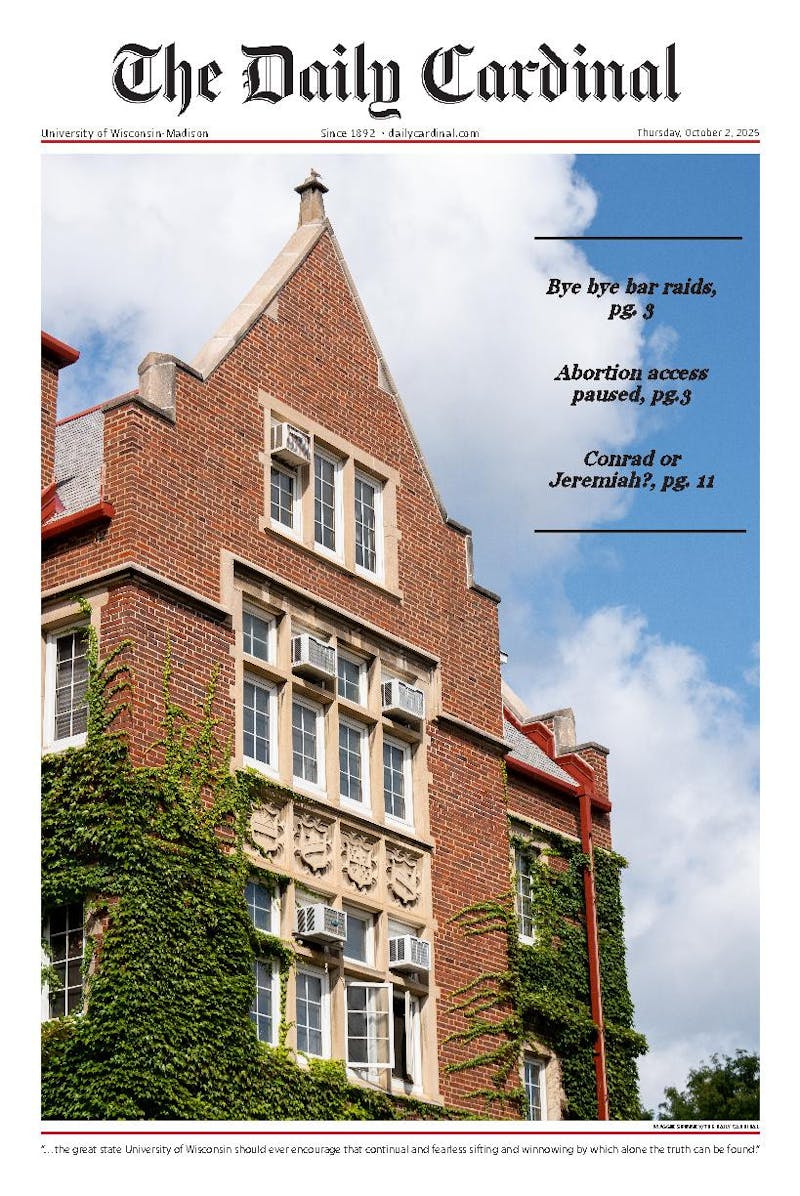Within the past year, the entirety of our uncanny Internet generation has inexplicably developed either a squealing devotion or Pavlovian resentment toward Justin Bieber. Since his debut, this Canadian child star has developed a devoted female fanbase, heralding him an icon of tween (ugh) culture in the same manner the ""Twilight"" saga was presented as sufferable literature. Although––or perhaps because––Bieber is more wealthy and successful at age 16 than I might ever be, in my mind he was never anything more than another YouTube fad, a parable to Aaron Carter in the '90s, and doomed to the same obscurity––which is why it pains me to report that his new film, ""Never Say Never,"" is actually half-decent.
Contrary to expectation, ""Never Say Never"" is not a narrative vanity project in the vein of ""Hannah Montana: The Movie,"" but a stylish documentary of Bieber's childhood, from performing on the curb of a theater to his first recording contract–interspersed, of course, with ""aaaaww""-inducing baby photos and home videos that hint at his precocious musical talents. Thankfully, the audience is rarely lambasted with deafening concert footage (well, not in the first half, anyway), but instead treated to a chronicle of what can only be described as a typical 16-year-old boy, and even at the very end, one is left with the impression that Bieber is at least somewhat talented. It also makes one appreciate that he is still coping with one of the most meteoric debuts in music history.
The loose thread of the film is a performance at Madison Square Garden, with the stated goal of selling out the venue at the conclusion of a 68-stop tour in America. Whether they succeed (take a guess) is barely relevant, as the film's ""Get Him to the Greek""-style days to the performance countdown abruptly jumps from six to one in the matter of an hour.
Instead, the bulk of the film is comprised of copious amounts of backstage footage focusing on his omnipresent entourage, from managers to handlers to voice coaches. Interviews also focus mainly on close associates like Usher, Kanye West and Snoop Dogg, who lend the film a much-needed helping of professional credibility. Throughout their interviews, the crew constantly compare their relationships to Bieber as family (""that of brother/sister,"" ""like a mother""), but considering how his actual family is usually on hand during these segments, seeing him snuggle up with his voice coach does feel somewhat insincere––I mean, awkward. Yes, awkward.
Of course, the film is also nothing if not pandering. Reality show bits of the crew surprising girls with front-row tickets only serve to reinforce Bieber's strictly ""girls-only"" image, and his various photo-ops with cavalcades of overage women do seem to conflict with the ""every-day guy"" image established in the early segments. Even the film's more contemplative moments are undermined by a CGI cascade of get-well Twitter messages, letting none forget his status as America's jailbait heartthrob. Honestly, I thought we'd learned our lesson since the '80s.
All said, this film is still, at heart, made for the fans. Parents seeking enlightenment on their school-age daughters' obsession might also be well served to see it––though the G rating makes this thankfully optional––but for the rest of us vitriolic Internet savants, it will do little to change your opinions on Bieber or his followers. Personally, if Snoop Dogg says he's OK, he's OK. If nothing else, ""Never Say Never"" is a decently insightful, if sugar-coated, investigation into one of the most divisive musical and social phenomenons to date, one that we might look back on and say, ""Oh, yeah, him! What's he doing now?""






